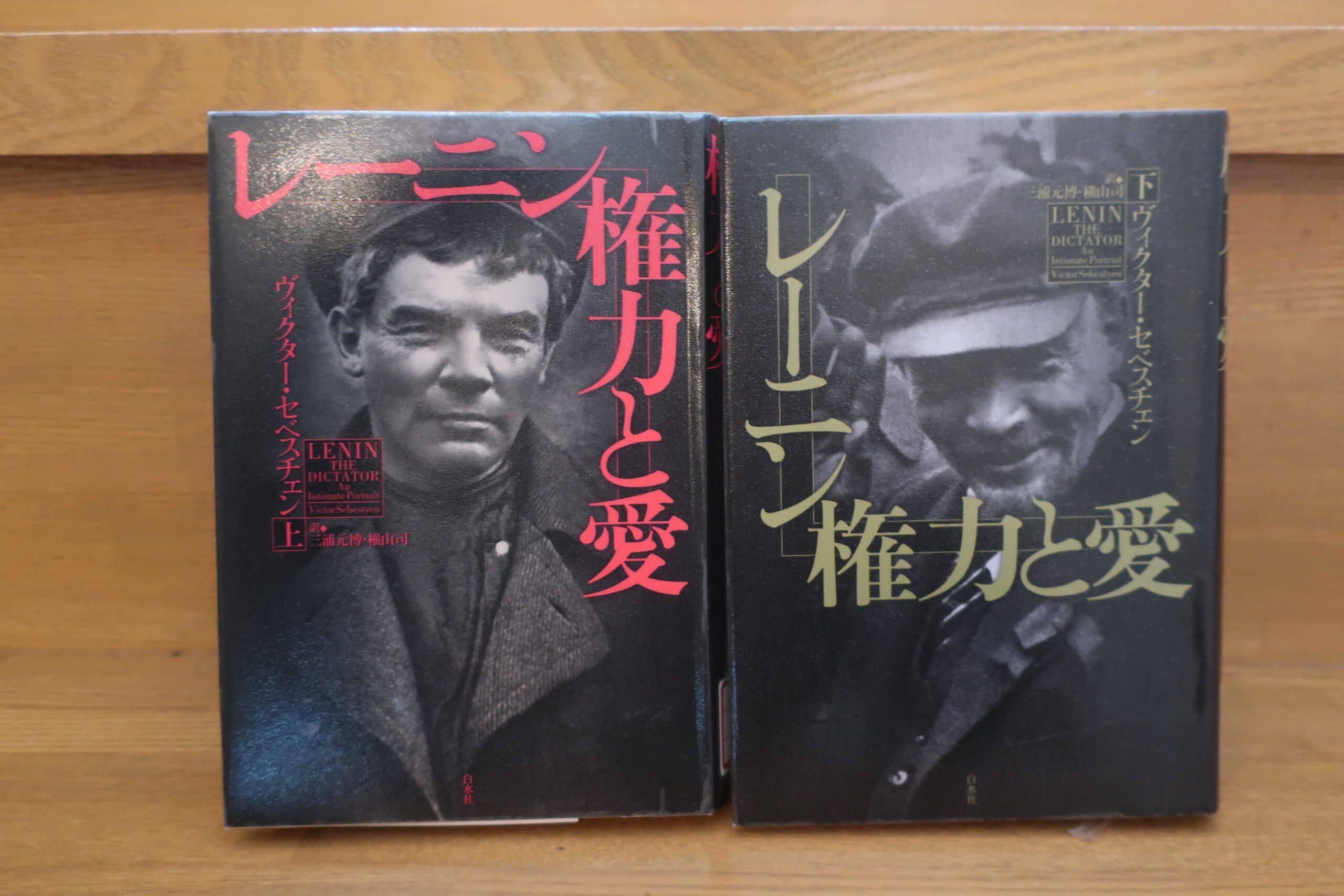Table of Contents
Read Victor Sebeschen's Lenin, Power and Love (14)
Continued by Victor SebeschenLenin, Power and Love.The following are some of the memorable passages from the
Lenin's View of Literature
In general, Lenin's taste in literature and all the arts was extremely conservative and utilitarian. He did some recreational reading in his adolescence and early adulthood, but read very little thereafter.
For an educated and intellectually sophisticated intellectual of that era, he read surprisingly little - certainly less than, for example, fellow Bolsheviks Stalin, Trotsky, Bukharin, and Lunacharsky.
He knew almost nothing about painting or other visual arts. He enjoyed music - especially Beethoven's piano sonatas and, to his surprise, Wagner - but, as he told Gorky, he seldom listened to music because it made him "soft.
Lunacharsky euphemistically describes Lenin's tastes as "orthodox." In many respects he was a man of the mundane.
Throughout his life, Lenin had little time to devote to the systematic study of the arts and always considered himself ignorant in these matters. He disliked any pedantry that was foreign to his nature, so he was reluctant to express his thoughts on matters of art. Nevertheless, he had very definite tastes. He had one very clear preference: realism in the Russian classics, in literature and painting."
Lenin: Power and Love, translated by Victor Sebeschen, Motohiro Miura, and Tsukasa Yokoyama, HakusuishaVolume II p239-240
Some line breaks have been made.
In considering Lenin's views on literature and art, I found it surprising that he held conservative views. I had an image of revolutionaries = destruction of the existing order. Russian nihilists are particularly prone to this. Turgenev'sFather and Son.Bazarov, the nihilist young man in
But Lenin was not, and he had a conservative view of culture.
Lenin and Turgenev Tolstoy
As usual, he was already set in his views and, like most doctrinaire people, had little interest in trying to know what he did not understand. His curiosity about art stopped when he was around 25 years old.
His first crush was on Turgenev. Lenin carried Turgenev's voluminous collection with him wherever he went in exile and read it repeatedly. (He read Turgenev's voluminous book repeatedly.)
Lenin usually evaluated writers based on their political stance rather than their artistic abilities. Lenin recognized Tolstoy as a "giant," but he disliked Tolstoy's worldview, with its mysticism and pacifism.
The contradiction in Tolstoy is ...... glaring. On the one hand we have a great artist, a genius who not only painted incomparable pictures of Russian life, but also made a first-rate contribution to world literature. On the other side we have a landowner obsessed with Christ.
On the one hand, we have a remarkably powerful, outspoken, and serious protester against social injustice and hypocrisy; on the other, we have a weary, hysterical crybaby called the Russian intellectual, openly beating his chest and whining, "I am a reprobate and immoral person, but I am practicing moral self-perfection. I no longer eat meat, but now I eat rice cutlets.
On the one hand, a scathing critique of capitalist exploitation. On the other, a maverick who preached submission....... Tolstoy could not for the life of him understand the workers' movement, its role in the struggle for socialism, or the Russian Revolution."
Lenin: Power and Love, translated by Victor Sebeschen, Motohiro Miura, and Tsukasa Yokoyama, HakusuishaVol.2 P240-241
Some line breaks have been made.
Lenin was a lover of Turgenev. It seems that Lenin liked it so much that he carried it with him wherever he went during his exile.
In contrast, he has a scathing opinion of Tolstoy. While admitting that Tolstoy was a "giant" as a writer, his ideas were incompatible with Lenin's revolutionary ideology, and in his eyes, he was considered an inadequate writer.
Lenin's Critique of Dostoevsky
Lenin disliked Dostoevsky, calling him "terribly and dangerously reactionary" and "utterly vile," but he recognized his genius and his "vivid image of reality."
He once described "Records of a House of Death" as his "crowning achievement. He once described "Records of a House of Death" as his "crowning achievement," because it masterfully depicts not only the penal colony in Siberia, but also all the Russian people living under the Czarist regime.
Lenin: Power and Love, translated by Victor Sebeschen, Motohiro Miura, and Tsukasa Yokoyama, HakusuishaVol. 2, p. 241
Some line breaks have been made.
Lenin hated Dostoevsky. It is worth noting that the reason for this is "terribly and dangerously reactionary. It seems that he read in Dostoevsky's works the opposite of Lenin's political thought.
But interestingly enough...The Record of the House of Death."is a great acclaim.
Did Dostoevsky's experience of being sent to Siberia as a thought criminal by the Czar of the time and his gaze strike a chord with Lenin? Of course, as a work of art, it is a first-rate novel. Both Tolstoy and Turgenev praised the overwhelming power of Dostoevsky's writing. It is my favorite work, too. It is one of the easiest to read among Dostoevsky's works, and I personally highly recommend it as an introduction to Dostoevsky.
The following article on Dostoevsky and the Siberian exile is also of interest to those who are interested
be unbroken
Next Article.
Click here to read the previous article.
Click here for a list of "Reading Biography of Lenin" articles. There are 16 articles in total.
Related Articles





































